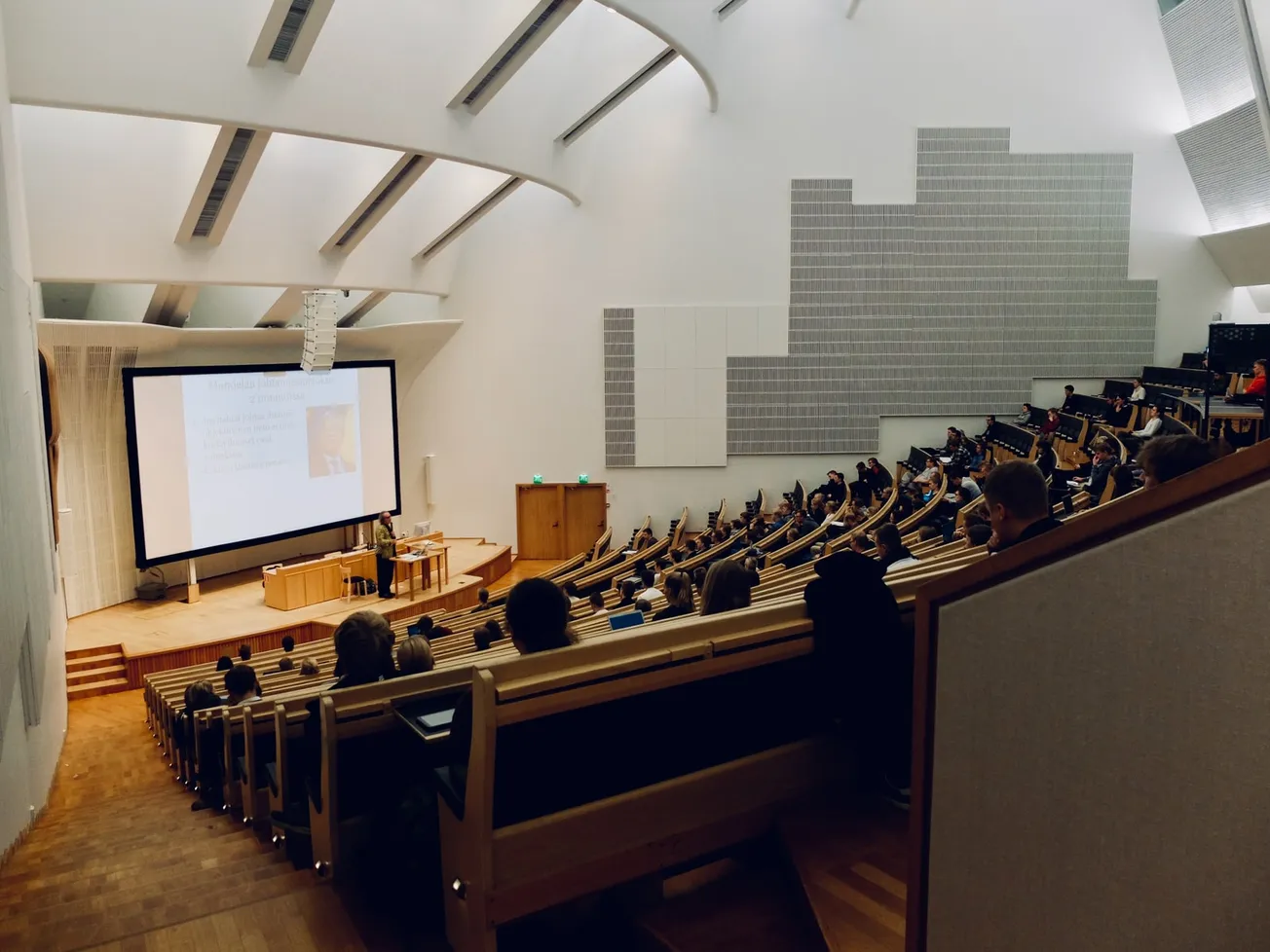Table of Contents
In an episode of the sitcom The Big Bang Theory, Dimitri the janitor at Caltech Physics Department effortlessly shows up “genius” Sheldon Cooper at the 29th Annual Physics Bowl. To the dumbfounded Sheldon, Dimitri explains that, “Here I am janitor. In former Soviet Union, I am physicist. Leningrad Politechnika.”
For a sitcom that was never as clever as it aspired to be, that episode of The Big Bang Theory inadvertently sheeted home an awful lot of home truths about the state of academia in the West. Sheldon arrogantly assumes his intellectual superiority, while at the same time judging others solely by their “intersectional” characteristics: the Russian janitor, the Spanish lunch-lady. As a result, he is humiliated.
In the real world, American college students could learn an awful lot from a graduate of a former Soviet Union university. Both about their beloved socialism, and about real merit.
Most student activists tout equity and many undergraduates champion socialism as a means to achieve equity – a process to engineer outcomes. Where I grew up, this would mean giving everyone the same grade, so it was never a factor in Soviet higher education.
Soviet universities admitted roughly half of each cohort based on merit: grades in three placement exams. Yes, nepotism and bribes existed in the system, but applicants needed to be exceptionally smart to gain entrance in highly selective majors (international relations, law, or performing arts) at prestigious urban universities. The system prized engineered equality – nearly all were equally poor – but never used a concept of equity to fix results.
In other words, while the Soviet Union was genuinely socialist, dragging everyone to the economic bottom, it almost paradoxically demanded rigorous academic merit.
My classmates and I were judged by our academic performances and faced high academic standards, especially during oral-style examinations (80-90% were in this format). I remain eternally thankful to my secondary school teachers and professors. They prepared us to succeed and graded us based on skill, and I was able to complete my education in the United States and earn a doctoral degree at Boston University.
American universities are apparently determined to inflict all the economic disasters of socialism, while demanding nothing like the intellectual rigor of Soviet universities. In fact, American universities are rewarding failure and calling it “equity”.
In America today, some universities are getting rid of standardized testing in the name of equity, a concept that has no clearly defined assessment guidelines. Removing SATs and ACTs compounds the problem of lower standards in higher education. When administrators in the Soviet Union wanted to tip the scales on class enrollment, they would make the examinations much harder.
The system I grew up in chose rigor over easiness. It chose merit.
But praise for my teachers should not be misconstrued with praise for the Soviet system, which typically rewarded academic members of the Communist Party with opportunities for promotion and international conference travel. Soviet universities produced excellent scientists despite (not thanks to) the political system, but that does not diminish the fact that merit-based admissions and assessments helped me and thousands of others excel in our fields.
As for the socialist utopia that America’s credentialled idiots pine for…
Before you advocate for socialism here, try experiencing it somewhere else. You will not find the utopia you are searching for.
By the 1980s, the Soviet Union has ceased its most repressive labor camps and political punishments, but long lines and empty shelves persisted. Most families could not afford to buy a single car.
As for the student socialists demanding Universal Basic Income, as if they’re going to get paid to pursue something as quintessentially useless as gender studies:
Everyone had to work or face prison time for skipping a day without proper documentation – a policy that rebukes a false idea that socialism will liberate them from labor […]
The reality is that experimenting with socialism in another country is a privilege that only free societies can provide.
Campus Reform
A great many leftists would benefit from being forced to work “with a gun in your back, for a bowl of rice a day”.









